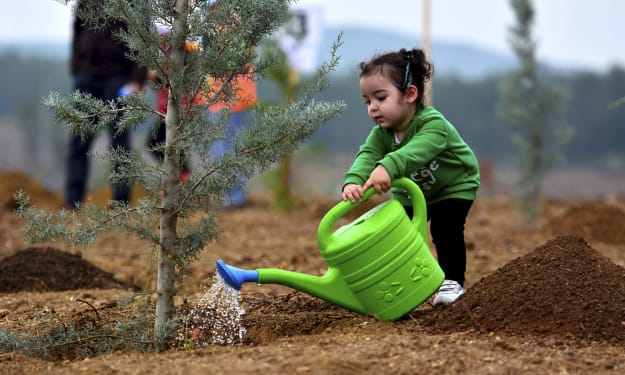
The concept of a baby before birth is a fascinating topic that has been the subject of much study and research. The development of a baby before birth is a complex and intricate process that involves many factors such as genetics, environment, and nutrition. In this article, we will explore the different stages of a baby's development before birth and the various factors that affect it.
The First Trimester
The first trimester of pregnancy is the period from conception until the end of the twelfth week of gestation. During this time, the baby is just beginning to form and grow. The first two weeks of pregnancy are the pre-embryonic stage, during which the fertilized egg travels through the fallopian tube and implants itself in the uterus. Once the egg implants, it forms a blastocyst, which will eventually develop into an embryo.
By the fourth week of pregnancy, the embryo is about the size of a poppy seed, and its major organs are starting to form. The heart begins to beat and the neural tube, which will later form the brain and spinal cord, starts to develop. At this stage, the baby is very vulnerable to external factors, such as drugs and alcohol, which can have a significant impact on its development.
During the eighth week of pregnancy, the embryo is officially referred to as a fetus. The fetus is about the size of a grape and its major organs have formed. The fetus begins to move and its heartbeat can be detected by ultrasound. The fingers and toes are also starting to develop, as are the genitals.
The Second Trimester
The second trimester of pregnancy is the period from the thirteenth to the twenty-sixth week of gestation. This is often considered the "honeymoon phase" of pregnancy, as many of the unpleasant symptoms of the first trimester have subsided, and the baby is growing rapidly.
By the fifteenth week of pregnancy, the fetus is about the size of an apple and is covered in fine hair called lanugo. The fetus is also developing its sense of touch, and can feel the walls of the uterus. By the sixteenth week of pregnancy, the fetus can hear, and may even respond to sounds from outside the womb.
By the twentieth week of pregnancy, the fetus is about the size of a cantaloupe and its movements are becoming more coordinated. The fetus is also developing its sense of taste, and can swallow and digest small amounts of amniotic fluid.
The Third Trimester
The third trimester of pregnancy is the period from the twenty-seventh week until delivery. During this time, the baby is growing rapidly, and the mother's body is preparing for labor and delivery.
By the twenty-seventh week of pregnancy, the fetus is about the size of a head of lettuce and is developing rapidly. The lungs are continuing to mature, and the fetus is practicing breathing movements in preparation for birth.
By the thirty-sixth week of pregnancy, the fetus is about the size of a honeydew melon and is considered full-term. The fetus's major organs are fully developed, and it is now just putting on weight and preparing for life outside the womb.
Factors That Affect Development
There are many factors that can affect the development of a baby before birth. Genetics plays a major role, as certain traits and characteristics are passed down from parents to offspring. The environment also plays a significant role, as exposure to certain substances, such as alcohol and tobacco, can have a negative impact on the baby's development. Nutrition is also important, as a healthy diet can help ensure that the baby receives the nutrients it needs to develop properly.
Conclusion
The development of a baby before birth is a complex and intricate process that involves many factors.





Comments
There are no comments for this story
Be the first to respond and start the conversation.